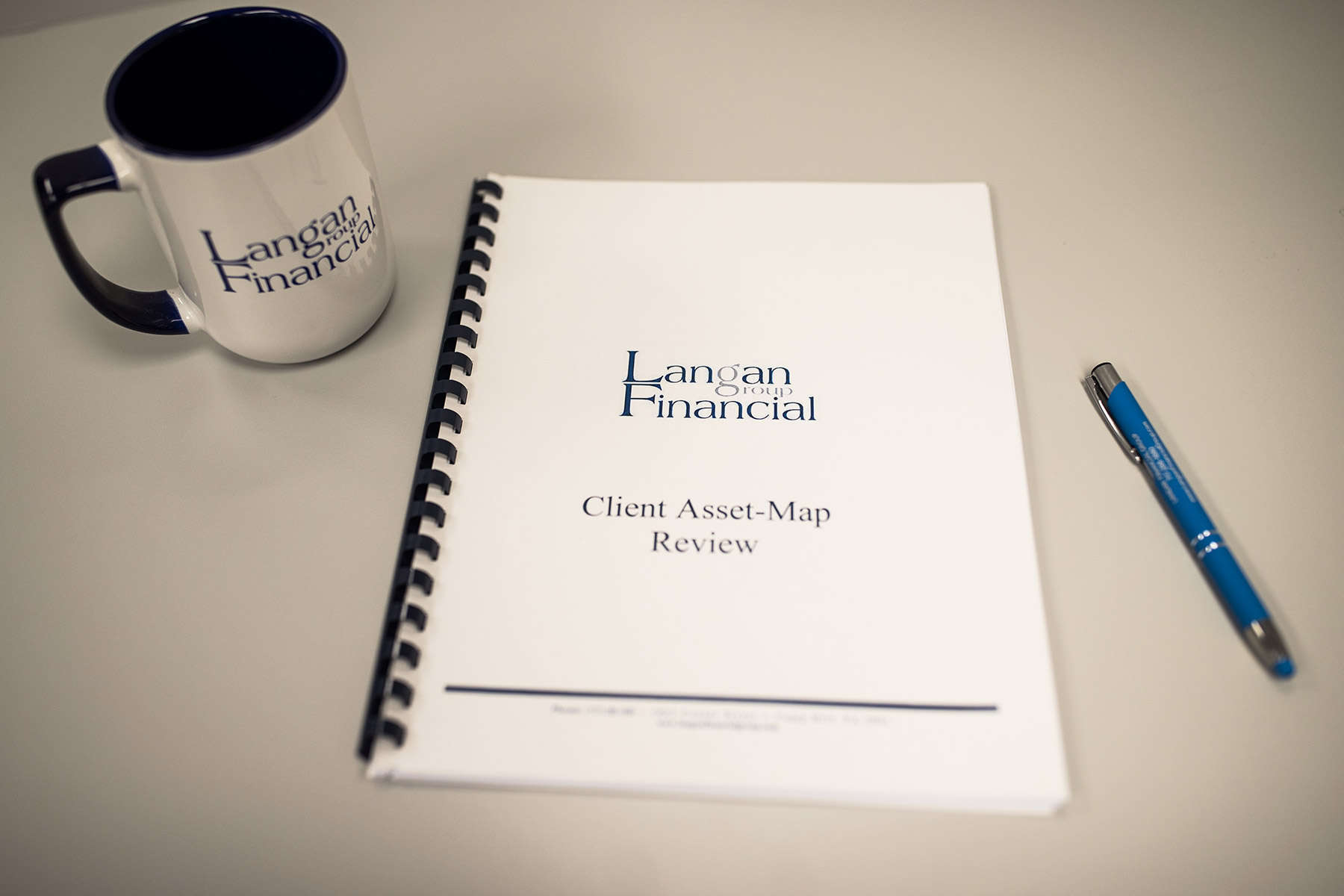TLDR
- Quiz tests knowledge on budgeting, investing, risk, and retirement planning
- Sample questions cover market behavior, diversification, and saving strategies
- Designed to help improve financial literacy and planning skills
Are you ready to test your financial knowledge? Whether you are a seasoned investor or just starting your financial journey, understanding the fundamentals of financial planning is crucial.
This financial acumen quiz is designed to test your knowledge of key financial concepts, from the importance of a diversified investment portfolio to the principles of budgeting and investment strategies.
Take this quiz to see how well you understand the basics of financial planning and discover areas where you might need to improve.

Financial Knowledge Quiz:
1. What are the most important features to consider for financial planning?
– A. Income, expenses, savings, and investments
– B. Only income and expenses
– C. Just savings and investments
– D. Current debt levels only
2. How long does a bear market typically last?
– A. 1 month
– B. 6 months
– C. 1 year
– D. 1.5 years
3. What is the worst thing to do with your investments during a bear market?
– A. Continue investing
– B. Diversify your portfolio
– C. Sell off your investments in a panic
– D. Rebalance your portfolio
4. Does higher risk when investing always mean higher reward?
– A. Yes, always
– B. No, higher risk can also mean higher potential for loss
– C. It depends on the financial market
– D. Only in the short term
5. Which of the following is considered a diversified investment portfolio?
– A. A portfolio with only stocks
– B. A portfolio with a mix of different asset types
– C. A portfolio with only bonds
– D. A portfolio with only real estate investments
6. Which investments are typically considered the safest?
– A. Stocks
– B. Bonds
– C. Cryptocurrencies
– D. Real estate
7. What is the primary goal of retirement planning?
– A. To save as much money as possible
– B. To ensure a steady income after retirement
– C. To invest in high-risk, high-reward stocks
– D. To buy a retirement home
8. What is an emergency fund?
– A. Money set aside for unplanned expenses
– B. A loan taken during emergencies
– C. Funds used for investments
– D. Savings for a vacation
9. Why is it important to start investing early?
– A. To become wealthy quickly
– B. To take advantage of compound interest
– C. To avoid taxes
– D. To increase spending habits
10. What is the 50/30/20 rule in budgeting?
– A. 50% needs, 30% wants, 20% savings
– B. 50% savings, 30% needs, 20% wants
– C. 50% wants, 30% savings, 20% needs
– D. 50% investments, 30% savings, 20% debt repayment

Financial Quiz Answers:
1. A. Income, expenses, savings, and investments
Explanation: Effective financial planning requires a comprehensive approach that includes tracking your income, managing your expenses, saving for future needs, and making strategic investments to grow your wealth.
2. C. 1 year
Explanation: Historically, bear markets, where stock prices fall by 20% or more, last about a year on average. This period reflects the time it takes for market conditions to improve and investor confidence to return.
3. C. Sell off your investments in a panic
Explanation: Panic selling during a bear market can lock in losses and miss the eventual market recovery. It is generally better to stay the course and stick to your long-term investment strategy.
4. B. No, higher risk can also mean higher potential for loss
Explanation: While higher-risk investments have the potential for higher returns, they also come with a greater chance of loss. It is important to balance risk and reward based on your financial goals and risk tolerance.
5. B. A portfolio with a mix of different asset types
Explanation: Diversification involves spreading investments across various asset classes (stocks, bonds, real estate, etc.) to reduce risk. This strategy helps protect your portfolio from significant losses in any single investment.
6. B. Bonds
Explanation: Bonds are generally considered safer than stocks because they offer fixed interest payments and the return of the principal upon maturity. Government and high-quality corporate bonds are seen as low-risk investments.
7. B. To ensure a steady income after retirement
Explanation: The main objective of retirement planning is to secure a stable and sufficient income that will support your lifestyle and cover expenses when you are no longer working.
8. A. Money set aside for unplanned expenses
Explanation: An emergency fund is a financial safety net designed to cover unexpected costs, such as medical bills, car repairs, or sudden job loss. It helps avoid debt and financial stress in emergencies.
9. B. To take advantage of compound interest
Explanation: Starting early allows your investments more time to grow through the power of compound interest, where you earn returns on both your initial investment and the accumulated returns over time.
10. A. 50% needs, 30% wants, 20% savings
Explanation: The 50/30/20 rule is a simple budgeting framework that allocates 50% of your income to essential needs (housing, utilities, groceries), 30% to discretionary spending (dining out, entertainment), and 20% to savings and debt repayment. This helps manage spending and build financial security.
About the Financial Author

Alexander Langan, J.D., CFBS, is the Chief Investment Officer at Langan Financial Group. In this role, he manages investment portfolios, acts as a fiduciary for group retirement plans and consults with clients regarding their financial goals, risk tolerance and asset allocation.
With a focus on ERISA Law, Alex graduated cum laude from Widener Commonwealth Law School. He then clerked for the Supreme Court of Pennsylvania and worked in the Legal Office of the Pennsylvania Office of the Budget, where he assisted in directing and advising policy determinations on state and federal tax, administrative law, and contractual issues.
Alex is also passionate about giving back to the community and has helped establish The Foundation of Enhancing Communities’ Emerging Philanthropist Program, volunteers at his church, and serves as a board member of Samara: The Center of Individual & Family Growth. Outside of work and volunteering, Alex enjoys his time with his wife Sarah and their three children, Rory, Patrick, and Ava.
About Langan Financial Group
Langan Financial Group is an independent financial planning firm located outside of Harrisburg, Pennsylvania and York, Pa. Established in 1985, Langan Financial Group offers a broad range of financial planning services.
With an open architecture platform, our advisors have access to a diverse range of products, free from any sales quotas. Our team of financial experts, each with unique specialties, enhances our ability to deliver value to clients.
Disclosures
The information in this material is not intended as tax or legal advice. Please consult legal or tax professionals for specific information regarding your individual situation. The opinions expressed and material provided are for general information.




